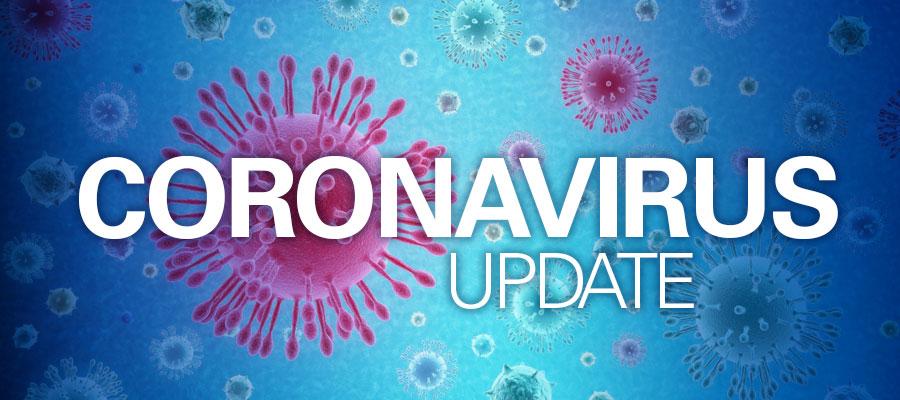ASPR pauses U.S. distribution of bamlanivimab and etesevimab due to variants

U.S. health care providers may no longer order the monoclonal antibodies bamlanivimab and etesevimab until further notice due to rising prevalence of the SARS-CoV-2 P.1 and B.1.351 variants, which are not susceptible to the combination therapy, the Department of Health and Human Services’ Office of the Assistant Secretary for Preparedness and Response announced today.
The Food and Drug Administration recommends providers use the alternative monoclonal antibody therapies REGEN-COV or sotrovimab, which are likely to remain active against these variants, ASPR said. Providers should use data on variants in their region and variant resistance information in the fact sheets for each authorized monoclonal antibody therapy to guide treatment decisions, ASPR said.
ASPR and FDA plan to provide updates as new information becomes available. Stakeholders also may refer questions to COVID19Therapeutics@hhs.gov.

